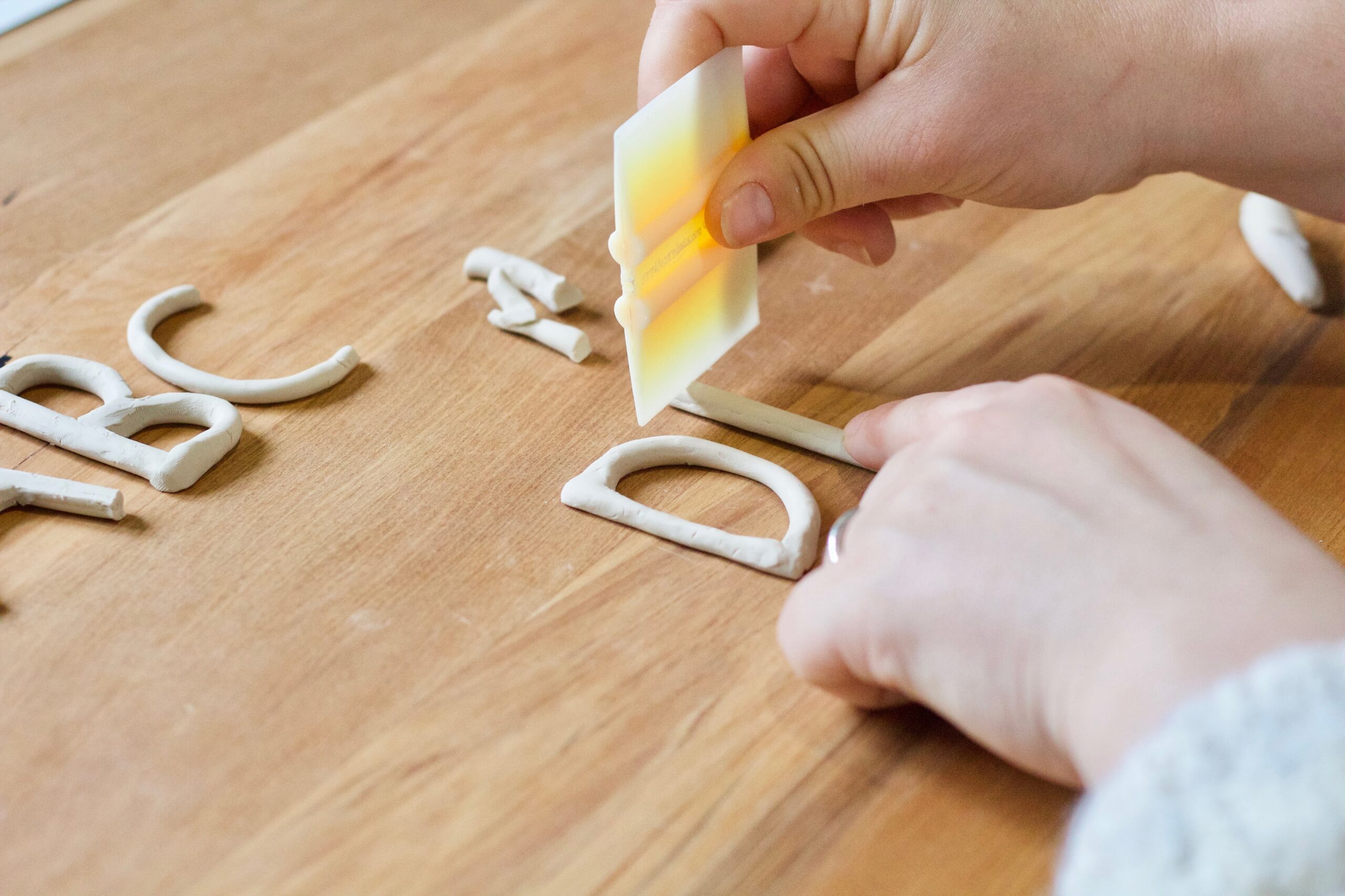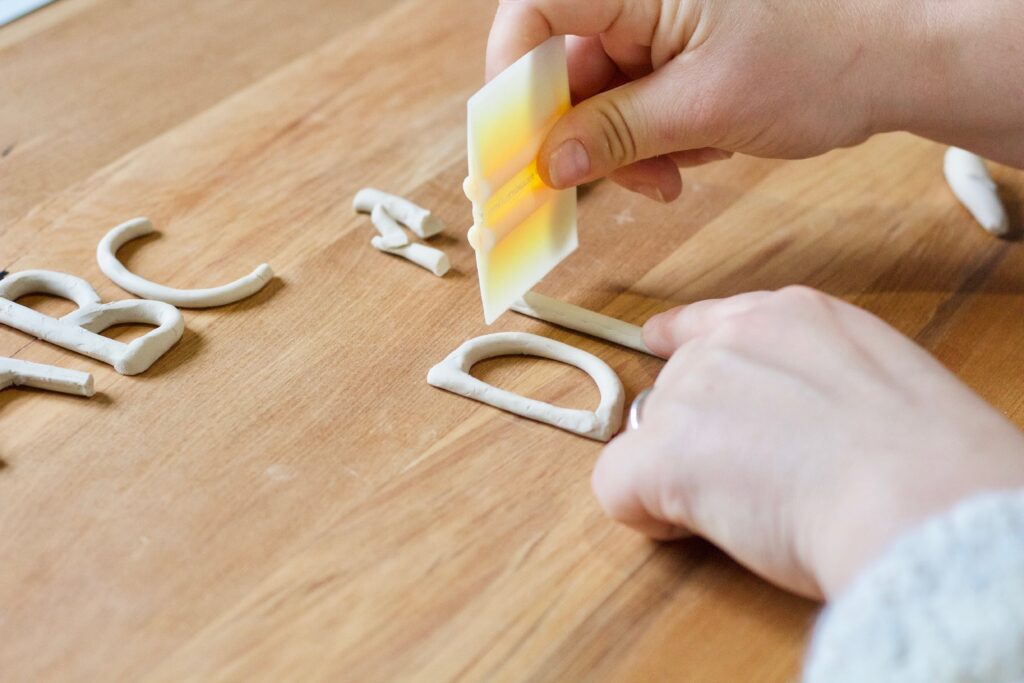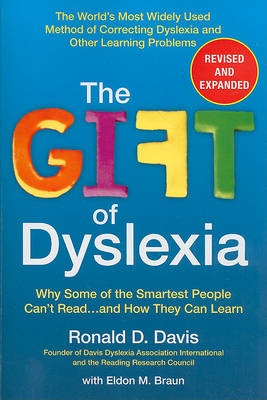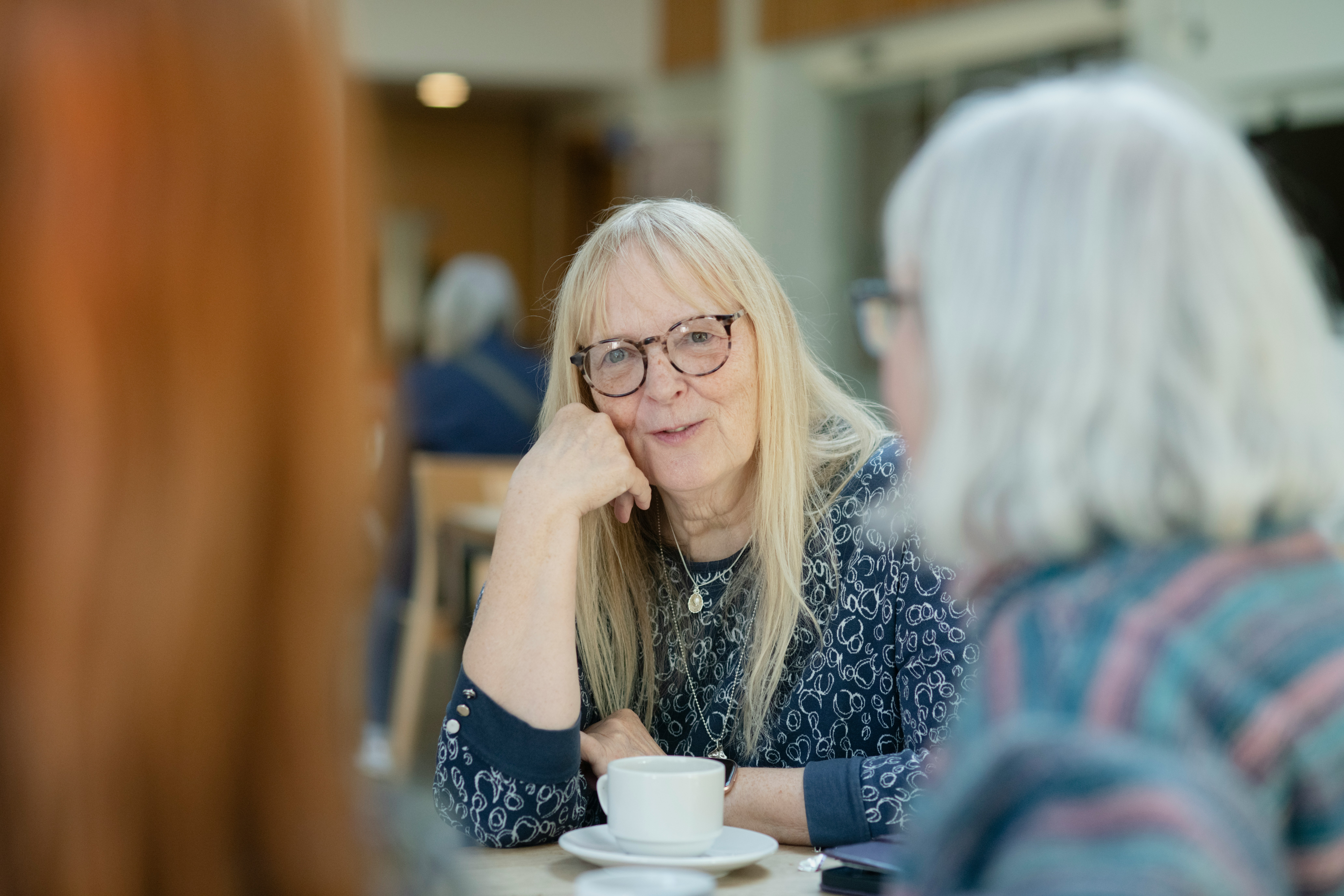

By Kristiina Goyette
For fifty years, I lived with an invisible challenge I couldn’t name. As a budget analyst, I had adapted to my struggles with reading, social anxiety, and constant mental exhaustion – attributing them to personality quirks or stress. It wasn’t until losing my job during the 2019 COVID pandemic that an unexpected discovery changed everything. In searching for answers to my “comprehension difficulties,” I stumbled upon something that would rewrite my understanding of myself: adult dyslexia. This is the story of how a late-in-life diagnosis through the Davis® Mastery for Dyslexia didn’t just explain my past – it transformed my future.

In 2020, I realized I had some comprehension difficulties to add to the list of ongoing strangeness that was my “normal.” Now in my 50s, I was still trying to finish my Associate in Arts (AA) in college — never really feeling like I was learning and constantly searching for the right career path. I had lost my job as a budget analyst due to COVID, leaving me depressed and uncertain about my future. I had struggled with anxiety, panic attacks, stomach issues, and social anxiety, among other issues, for years.
Using my extra time to finish the AA and figure out what was going on with me, I stumbled upon a link to Ronald Davis’s book, The Gift of Dyslexia. I had always thought dyslexia was only reading letters or numbers backward. It never occurred to me that I maybe dyslexic.
Reading through The Gift of Dyslexia, the pieces started to fit together. My struggles were directly related to my dyslexia. For years, I grappled with pronunciation, I was considered “shy,” but I was terrified of speaking improperly or having “strange” ideas. My adult children and husband always helped me when I could not think of the right word, where we had gone, or the name of a person. I made up “nicknames” for things to remember them.
I never remembered sequences for processes, and, in a career of accounting/bookkeeping, I was constantly reviewing my notes for the correct order, even though I had done something daily.

“It was amazing to realize that I can learn information just as well as anyone else — I just need to do it differently.”

The second major change came with my ability to function in social settings. For years, I was physically ill and completely overwhelmed at parties, meetings, and restaurants. I became very anxious, withdrawn, and hypersensitive to noise. If alcohol was available, I always took it so that I could appear “normal” and try and blend in. My Facilitator took me to a restaurant, where we went through the tools I could use to focus, function, and enjoy myself. With each step, I became more self-aware, focusing on our conversation, slowing down my mind, and lowering my energy level. Things were workable for the first time in my entire life. I am happy to say that I have had many successful and enjoyable gatherings in restaurants, at parties, and in professional settings since I finished my Davis® Mastery for Dyslexia program.
Because I am a visual thinker, my issues with memory, retention, and processing were from years of trying to learn things traditionally. I was able to do well if I had multiple-choice, but I could not regurgitate the information easily in an essay form or verbally. I had adapted to remembering things with “nicknames” so, on a multiple-choice test, if it was not a spelling test or the words were not spelled similarly, I could do well. This was double the work, but because I think very quickly, nobody noticed.

I have a good memory — I think in pictures, not words. This interfered with my reading process, I was not reading the words as words, but creating pictures, this led to difficulty relaying information. My pictures were not specific enough to identify terms.
The exercise that changed my world was making the alphabet with clay. My picture brain now remembers/visualizes the alphabet both forwards and backward. To this day, I can still verbalize the alphabet backward. It was amazing to realize that I can learn information just as well as anyone else — I just do it differently.
When the program ended, I was overwhelmed but excited and hopeful. The program was challenging, but I learned new ways of doing things I had been attempting to do forever.
My Facilitator, Jacalyn, was my cheerleader, supporting me when things got tough. I know there are other adults out there that are like me, I hope that my experience will give them the courage and understanding to reach out for help. I owe so much to my Facilitator for helping me have self-confidence, for showing me that thinking differently is a gift, and for supporting me as I continue to work on who I am and how I work best.
Note: Kristiina completed a Davis® Mastery for Dyslexia program. The program is based on the insights and strategies that enabled Ron Davis, a severely dyslexic individual, to overcome his own reading difficulties at the age of 38. The program is a transformational learning experience that embraces the unique and wonderful ways of thinking and perceiving experienced by people with Dyslexia. It then uses those perceptual strengths to overcome the challenges caused by that creative way of thinking.